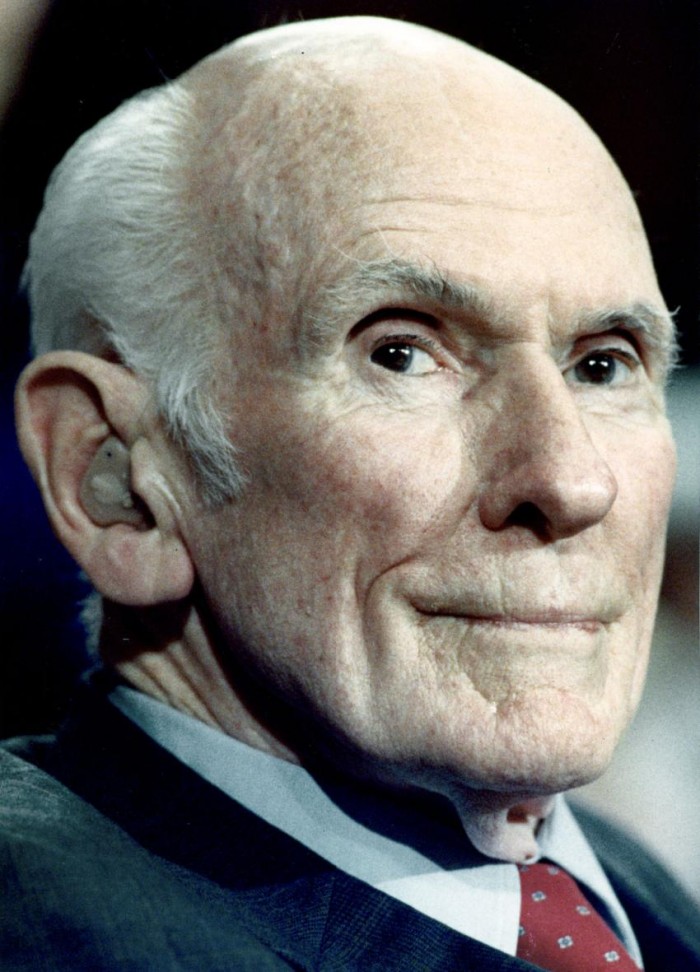

Waiyaki was a great warrior and a leader of the Kikuyu until 1982 when he died while being deported from Kenya. After being locked in house overnight, he was charged in court for allegedly causing trouble in the area. Tension between the Kikuyu and the British who settled in the Dagoretti Area increased and Waiyaki confronted one of the British men who had been attacked by Kikuyu warriors. Some claim he was a Kalenjin, others say he was a Maasai, and the Kikuyu too claim that he was their son. There are contradicting stories about his name. The British set a trap for him, and killed him, so that they would end the resistance. Known as the Orkoiyot or supreme leader, Arap Samoei led an 11-year resistance during the construction of the Kenya-Uganda Railway. He was a chief of the Nandi community from 1860 to 1905. He was detained for eight years from 1952 and he died shortly after he was released. During the independence struggle, he welcomed the Mau Mau into his homestead where they would hold meetings. He was a Kikuyu chief between 18 in Kiambaa.

At times, she would ask men to kneel on fours and she would sit on them.

Men despised her authoritarian leadership style, but women did not complain. Karuri, a paramount chief appointed by the colonial powers appointed Wangu a chief. Controversy surrounds the story of her ascension to the seat as well as her resignation. She was the first female chief in colonial Kenya. The British approached him looking for an alley to help in controlling the Kikuyu and other tribes who would prevent the British infiltration of the country. Lenana is mostly remembered for collaborating with the British when the rest of the country was fighting fiercely to reclaim their land and freedom. Additionally, he had to overcome several epidemics that wiped out thousands of livestock, and drought. He endured attacks from his brother Senteu, whom he had outsmarted to become the leader of the Maasai. Lenana became the leader of the Maasai from 1890. Facts about Kenya- Legendary Rulers Lenana LaibonĪ laibon was a ritual leader of the Maasai. These communities had chiefdoms and traditional rulers who acted as the leaders before the British colonialists ended chiefdoms, and later, Kenya became a republic with one leader chosen through a national election.


 0 kommentar(er)
0 kommentar(er)
